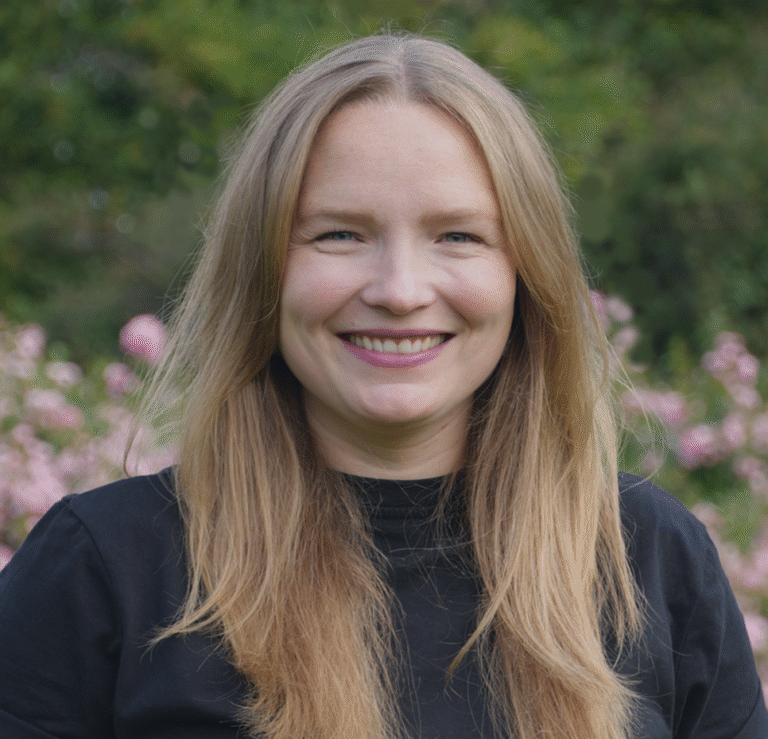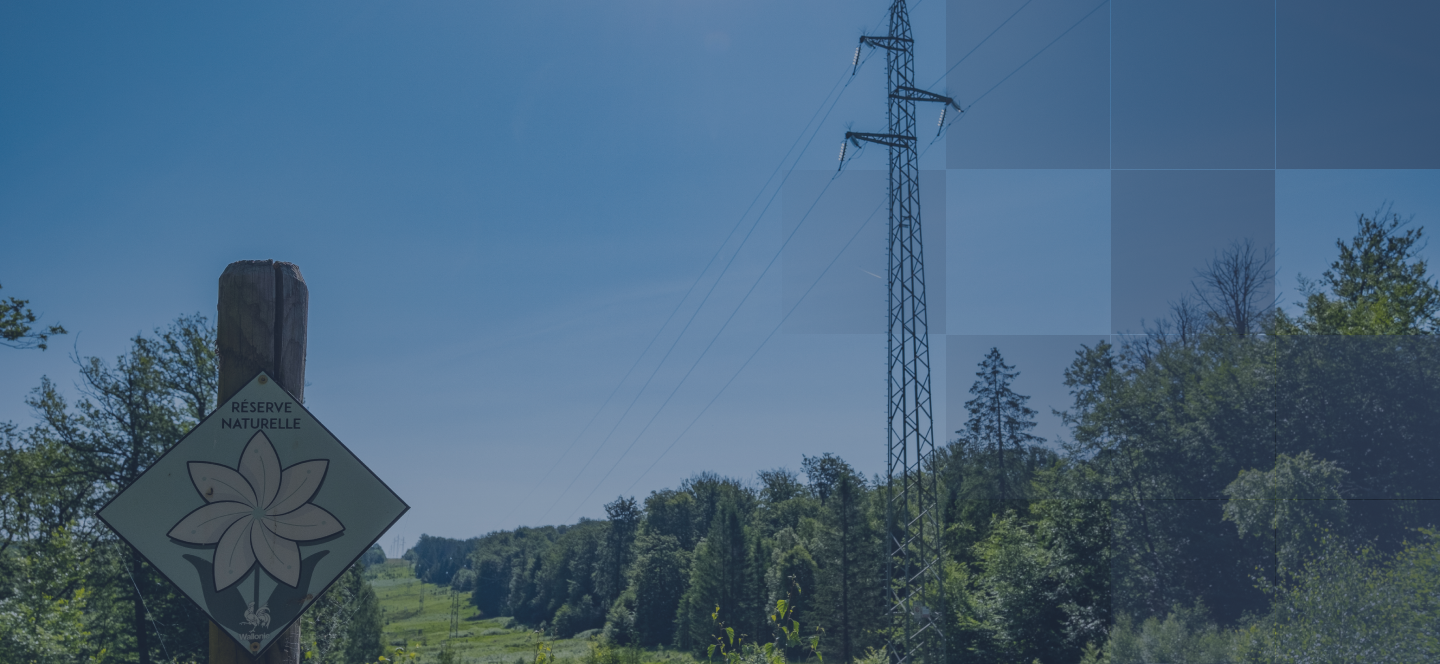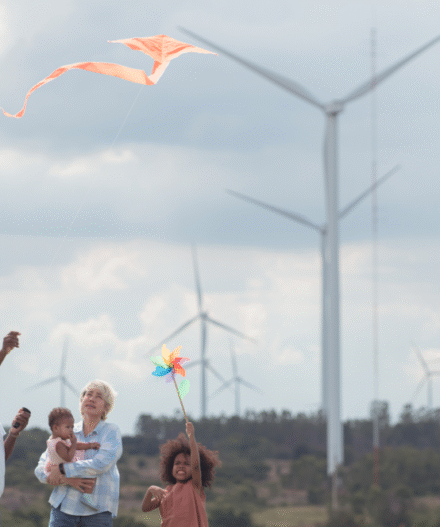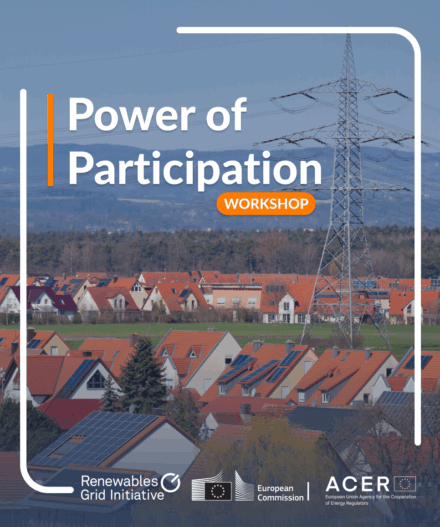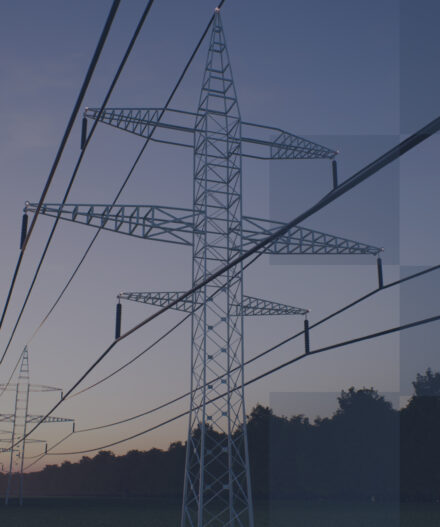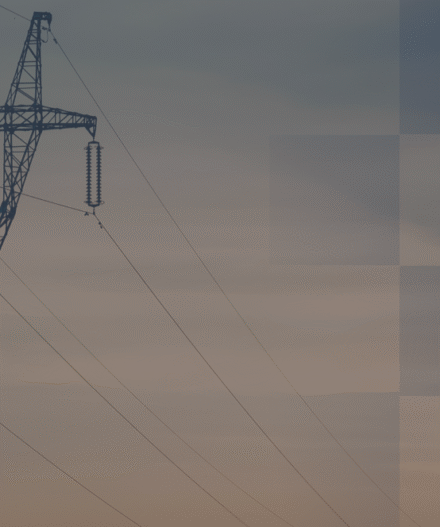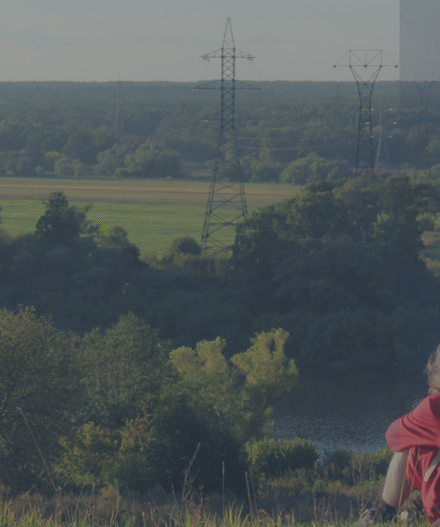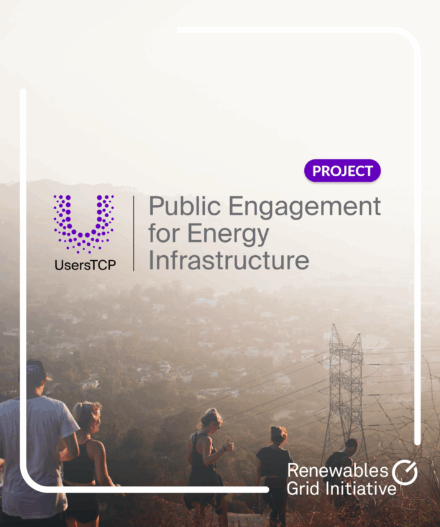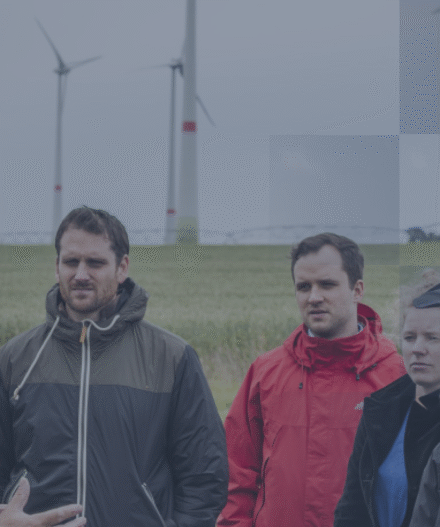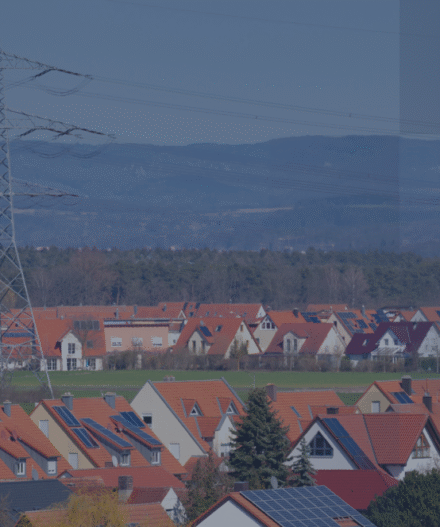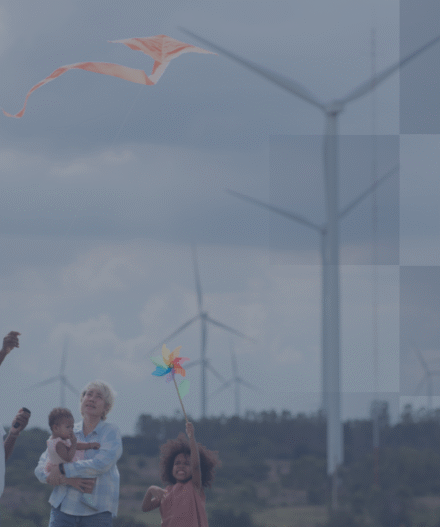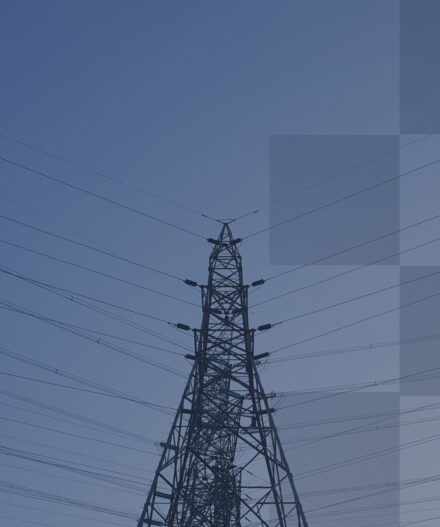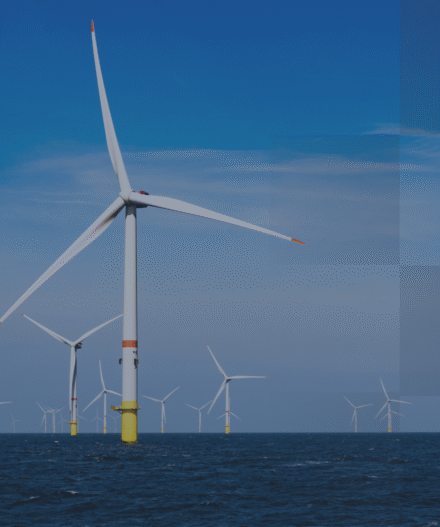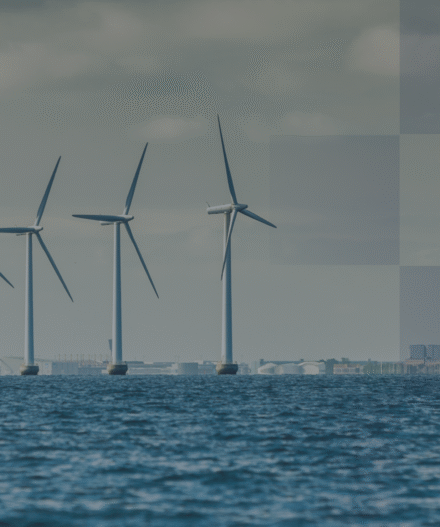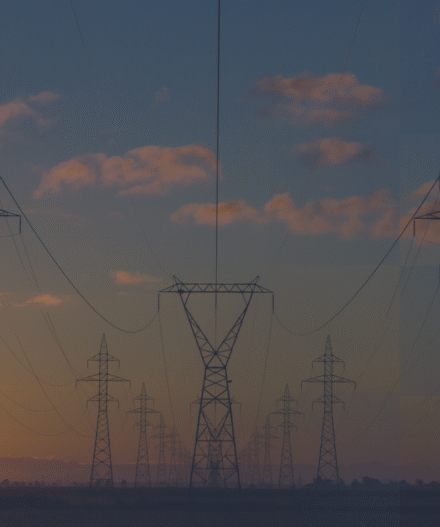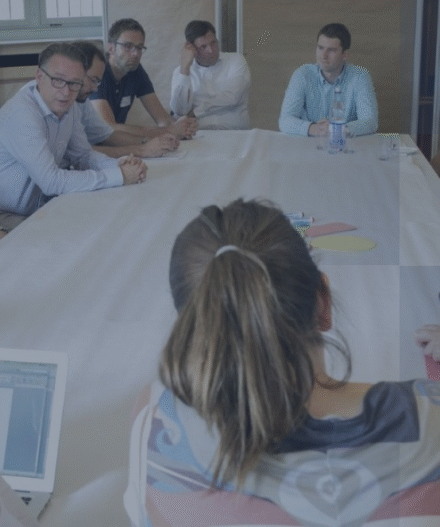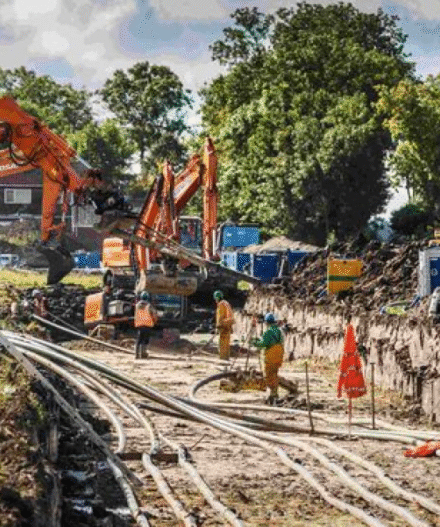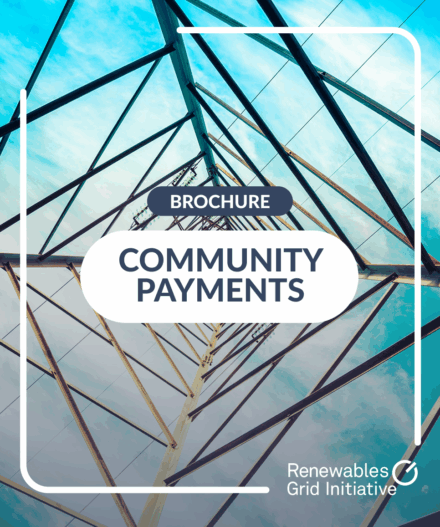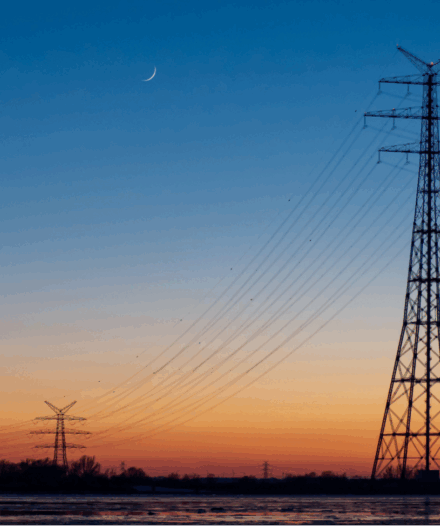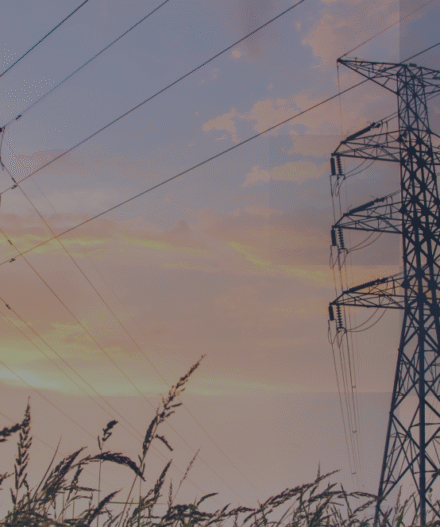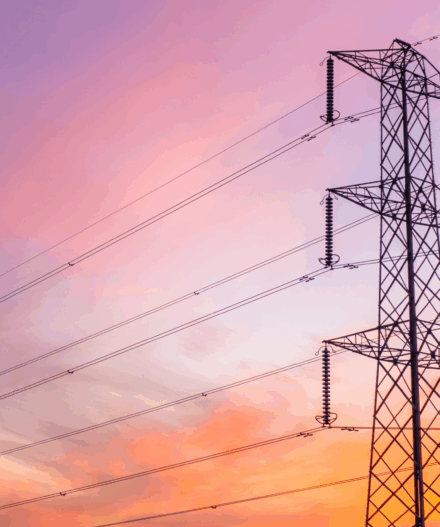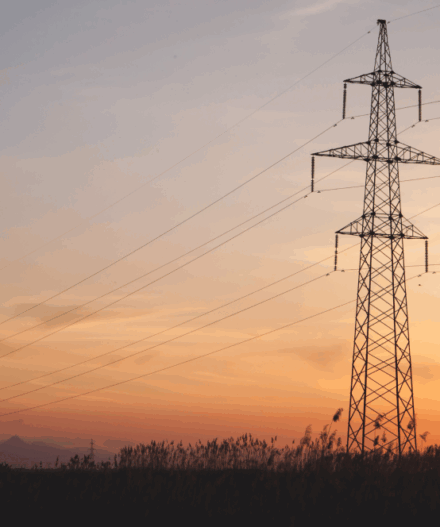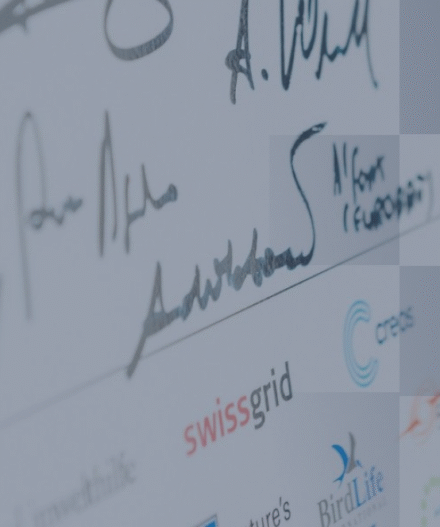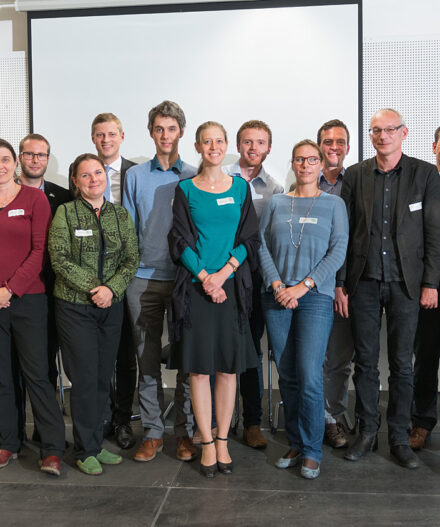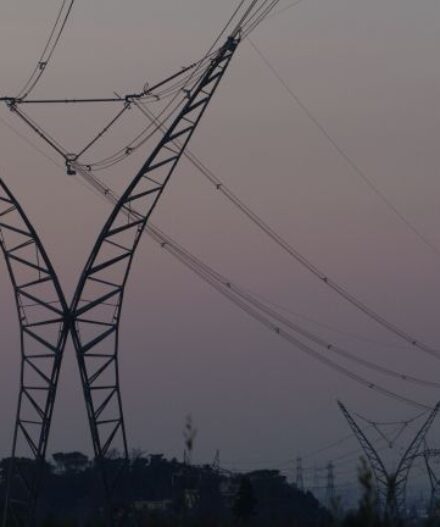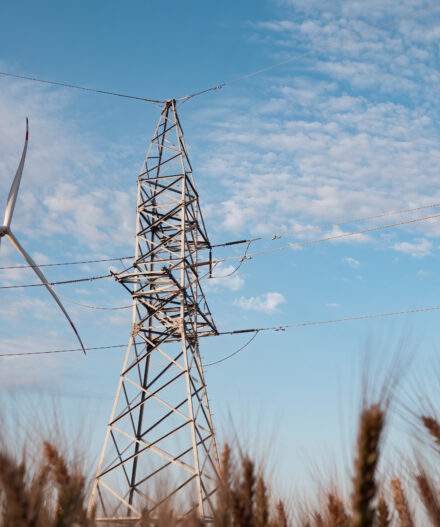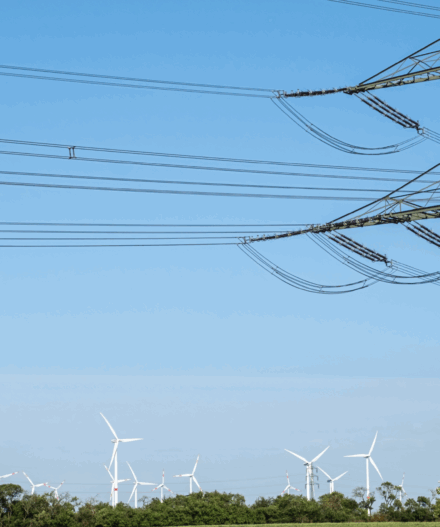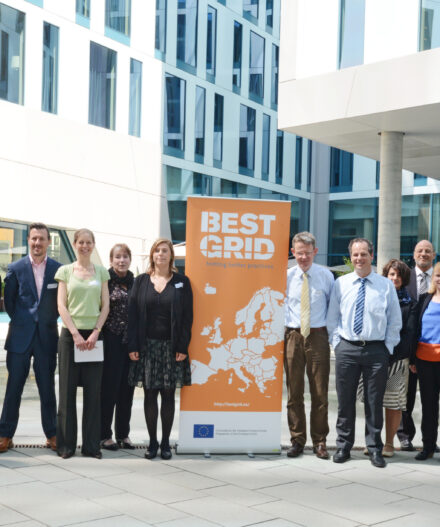Organised by: RGI and ENTSO-E
RGI has supported the European Commission in organising three sessions at the European Sustainable Energy Week that dealt with European energy infrastructure and related stakeholder engagement.
Introduction
The first session focused on the future of the power system, technology scenarios and electricity infrastructure requirements. Panellists discussed the determinants of long-term grid planning. In the second panel, the question of how the benefits of “European grids” can be (better) explained to the public were addressed. In the final session, the audience learned about best practices on stakeholder dialogue for the implementation of grid infrastructure.
Agenda & Speakers
Even though the European Union has decided on a set of long-term goals for the energy system, it is not clear yet how and with the help of which technology these goals will be achieved. However, planning and building new infrastructure takes years and requires long-term forecasting on how the future power system will look like. This session addressed questions, such as:
- What are the determinants of long-term grid planning?
- How would a more decentralised roll-out of renewables affect grid requirements?
- How would a bigger roll-out of storage affect grid requirements? What about energy efficiency?
- How can long-term grid planning address different possible scenarios?
Renewables Grid Initiative
EDSO for Smart Grids
Greenpeace
Terna Plus
Finalising the internal power market in Europe will only be possible if sufficient grid infrastructure is in place to physically transmit electricity beyond national borders. The TYNDP provides a bi-annual update on the actual grid needs to achieve this. This session focused on:
- How can the benefits of “European grids” be (better) explained to the public?
DG Energy, European Commission
European Environmental Bureau
Florence School of Regulators
DG Energy, European Commission
ENTSO-E
While there is a big consensus in society that some infrastructure will be needed to implement plans for a cleaner energy system, infrastructure projects on the ground often stir local public opposition. This session addressed questions, such as:
- What are the concerns and needs of different stakeholder groups?
- How can public opposition be addressed and minimised?
- How can these projects be planned in a way that includes different stakeholders’ perspectives?
- What are success factors of a stakeholder dialogue? Which pitfalls should be avoided?
- Which role do new technological solutions (e.g. underground cables) play?
Bourbaki
DG Energy, European Commission
Justice and Environment/ Ökobüro
IZES/ INSPIRE-Grid
The Royal Society for the Protection of Birds
Center for the Management of Participatory Processes
contact
Stephanie Bätjer
stephanie[at]renewables-grid.euDirector – Communication
